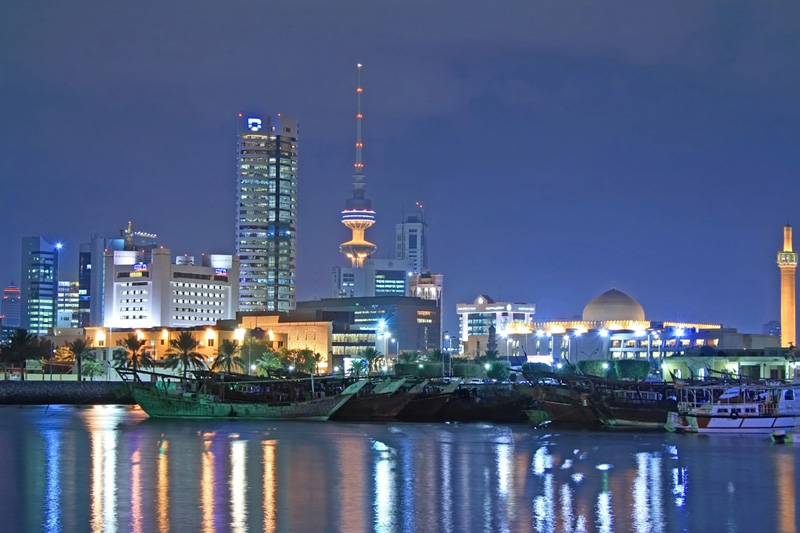DUBAI (Reuters) - Kuwait on Wednesday denied a Reuters report that Iran was using the Gulf Arab state's waters to smuggle weapons and equipment to Houthi forces in Yemen.
"The State of Kuwait refuted news by the Reuters news agency regarding Iran's exploitation of Kuwaiti waters to deliver arms and military assistance to the Houthis in Yemen," a Foreign Ministry statement said.
"A source at the ministry said that the country's waters were under the total control of the Kuwaiti navy and coast guard, adding that there were no reports of suspicious marine movements or activities," said the statement, carried by the official Kuwait news agency.
The ministry urged international media to investigate such matters "more thoroughly".
On Tuesday, Reuters cited sources familiar with the matter as saying that Iran's Revolutionary Guards had begun using a new route across the Gulf to funnel covert arms shipments to their Houthi allies in Yemen's civil war.
In March, regional and Western sources told Reuters that Iran was shipping weapons and military advisers to the Houthis either directly to Yemen or via Somalia. This route however risked contact with international naval vessels on patrol in the Gulf of Oman and the Arabian Sea.
For the last six months, Western and Iranian sources say the Islamic Revolutionary Guards Corps (IRGC) has begun using waters further up the Gulf between Kuwait and Iran as it looks for new ways to beat an embargo on arms shipments to fellow Shi'ite Muslims in the Houthi movement.
Using this new route, Iranian ships were transferring equipment to smaller vessels at the northern end of the Gulf, where they face less scrutiny. The transhipments take place in Kuwaiti waters and in nearby international shipping lanes, the sources said.
Yemen is more than two years into a civil war pitting the Iran-aligned Houthis against the government of President Abd-Rabbu Mansour Hadi, which is backed by a Saudi-led coalition. More than 10,000 people have died in fighting and a cholera epidemic has infected more than 300,000 in a country on the brink of famine.
